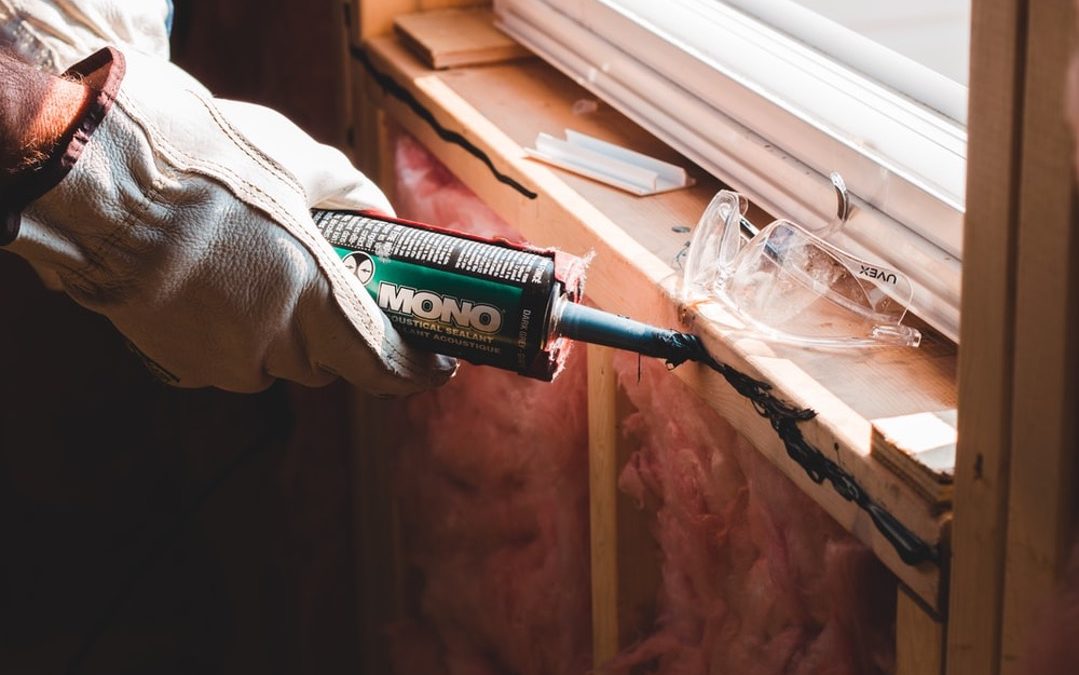Homebuyers can expand their options if they include existing homes in their real estate search.
When purchasing an existing home, it’s wise to hire someone to conduct a home inspection. Once you assume ownership, any of the problems the home might have are yours to handle.
An inspection report will reveal any structural issues with the home. It’ll also list out items that will require repair or replacement in the immediate or not-so-immediate future.
Homebuyers cannot expect a squeaky clean report. It’s an unrealistic expectation when it comes to purchasing an existing property.
Keep in mind that not every issue is necessarily the responsibility of the owner to repair. Use the following tips to help determine your approach for negotiating what should be on the selling party and what should be left alone.
Cosmetic
As existing homes, cosmetic issues are inevitable. Ignore them.
Do not feel caught off guard when the report notes peeling paint, broken window sealing, cracked backsplashes, paint blemishes and other similar cosmetic impurities.
Nickeling and diming for repairs on these issues is not worth the energy and could be off-putting to the seller in today’s market.
Closing costs considerations
Another way to offset needed repairs is to ask the selling party if they are willing to pay for some closing costs.
In some cases, sellers would rather not dip into their current bank account or savings to pay for repairs before the house is sold.
In addition, if the seller agrees, this will reduce the buyer’s out-of-pocket expenses, saving them money that can be used for other home purposes or repairs.
Walking away
Sometimes you have to cut your losses and move on.
If negotiations are going poorly, it might not be worth your time and energy to try to salvage the deal.
Based on the inspection agreement, you’ll have time to walk away from the deal if things aren’t looking up.
Home history
Normal wear and tear is common. So if you’re thinking about asking for the seller to make these type of repairs, account for the home’s history and age.
If the home is a little banged up and is relatively newer, then the buyer has a little extra leverage because the damage isn’t necessarily from normal wear and tear. Keep this factor in mind when putting in a request for a repair.
Cash instead
As the buyer, you can ask the seller for money instead of repairs.
If you ask for repairs, the seller has less of an interest to get the job done the well. The seller might hire the contractors with the lowest bid and poorest satisfaction rating.
But if you ask for cash, you can request the going rate for repairs then locate a reputable company to do them.

